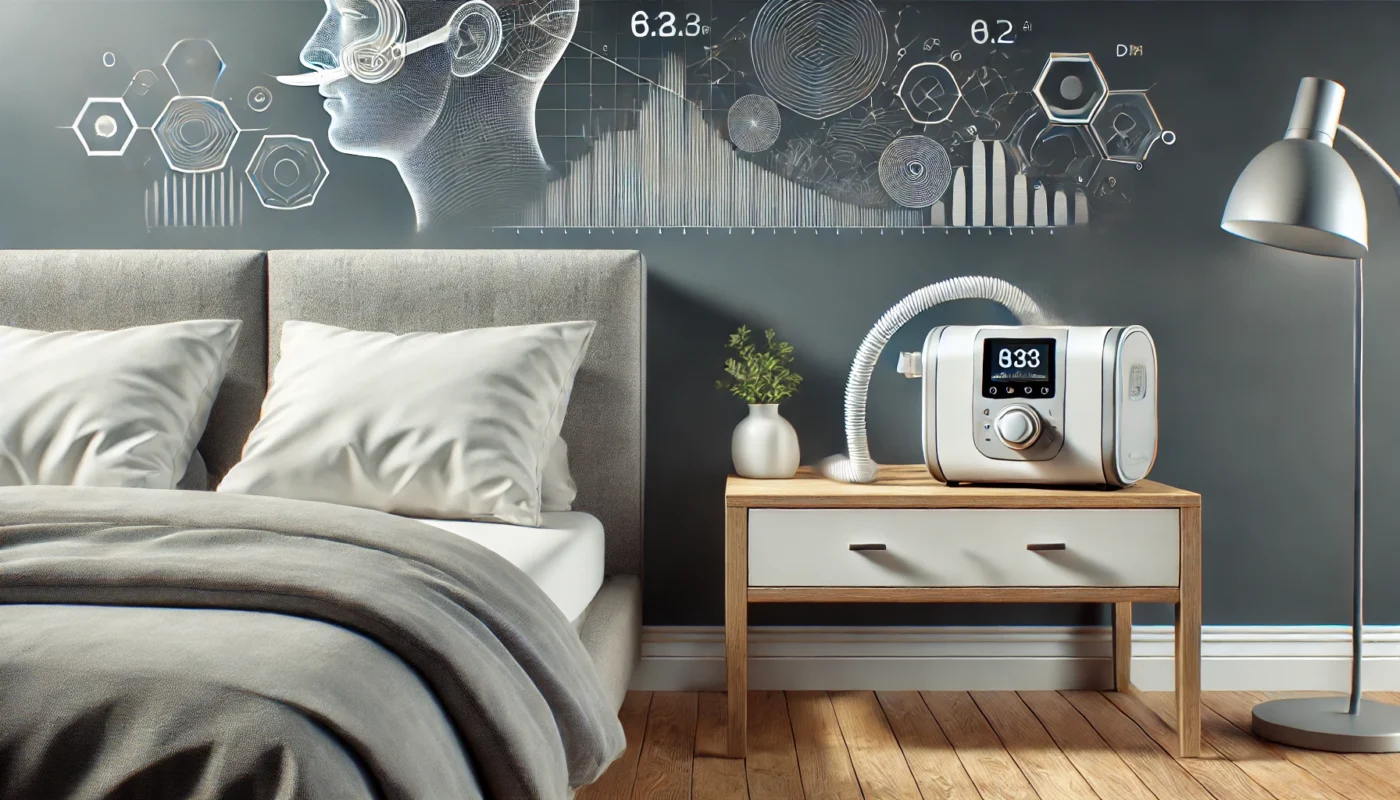Hypertension, or high blood pressure, is a pervasive health concern affecting nearly half of adults worldwide, according to the World Health Organization (WHO). While it is well-known as a leading cause of cardiovascular diseases, strokes, and kidney failure, many people are unaware of the link between hypertension and sleep apnea. Obstructive sleep apnea (OSA), a condition marked by repeated interruptions in breathing during sleep, has been strongly associated with persistent and difficult-to-treat high blood pressure. Fortunately, treating sleep apnea with specialized devices, such as continuous positive airway pressure (CPAP) machines, can significantly improve sleep quality and lower blood pressure levels, ultimately reducing cardiovascular risks. This article explores the relationship between sleep apnea and hypertension, the mechanisms behind their connection, and how sleep apnea devices can play a vital role in managing high blood pressure.
- ACCELERATED BODY HEALING: INTERNAL AND EXTERNAL
- ACCELERATED BODY HEALING: INTERNAL AND EXTERNAL

